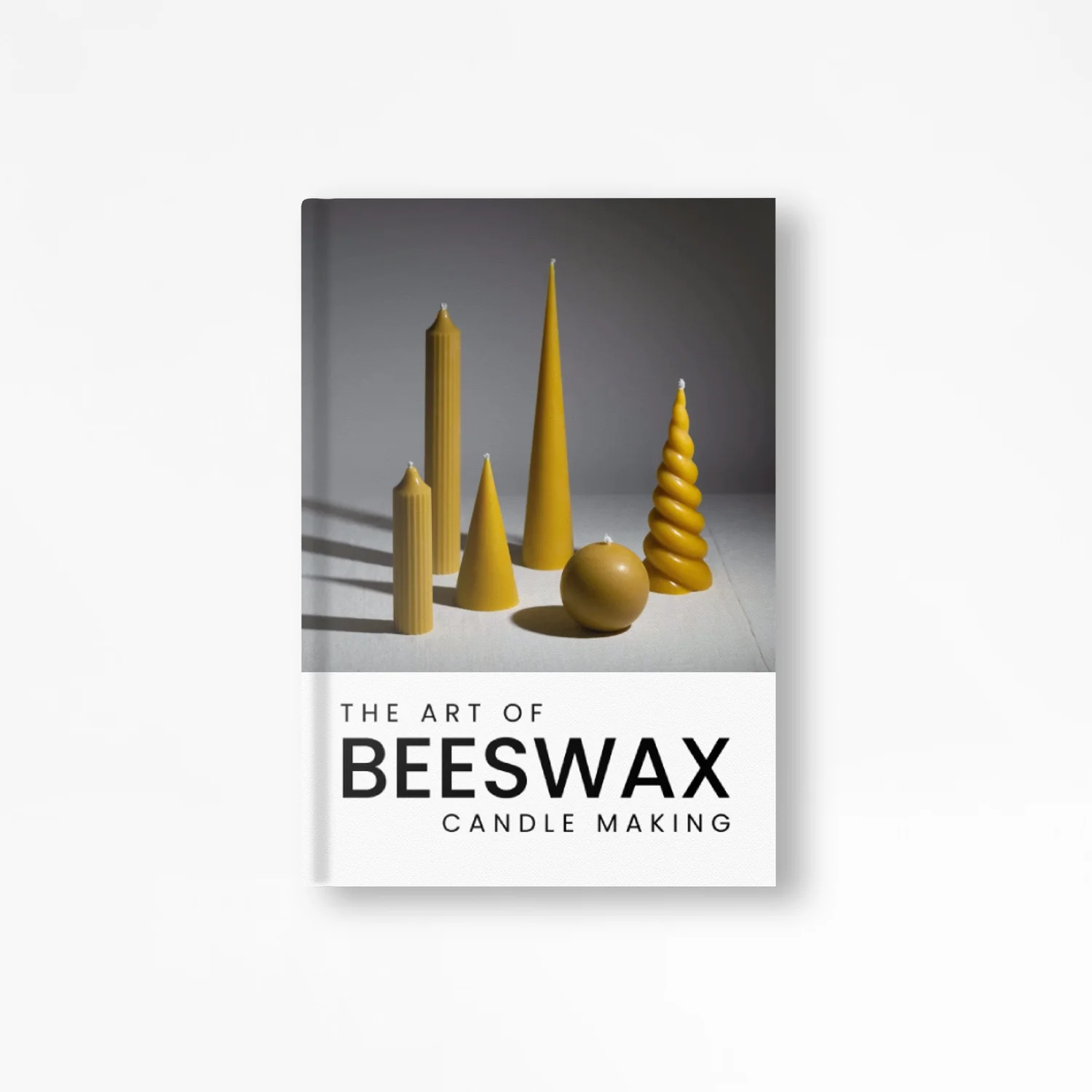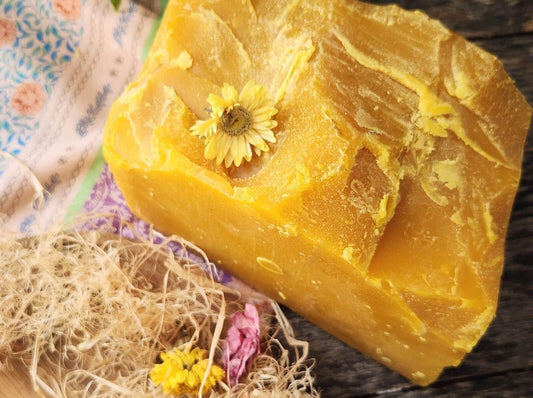Behind every beeswax candle lies a journey rooted in sustainable beekeeping practices. Ethical beekeepers, driven by a commitment to responsible practices, prioritize the well-being of their colonies. This involves providing bees with a natural environment free from harmful pesticides and stressors. Through these ethical practices, beekeepers not only ensure the health of their bees but also contribute to the production of high-quality beeswax.
At the core of sustainable beekeeping is a dedication to nurturing nature's wax through ethical practices. The golden glow of beeswax becomes a testament to the harmonious relationship between beekeepers and their colonies. It is a journey that goes beyond the wax itself, emphasizing the interconnectedness of ethical beekeeping with the well-being of bees and the broader environment.
The Essence of Ethical Beekeeping
One crucial aspect of sustainable beekeeping is the essence of ethical practices. This commitment involves creating an environment that mimics the natural habitat of bees, ensuring their health and vitality. Ethical beekeepers prioritize the use of natural treatments and avoid harmful pesticides, fostering a symbiotic relationship between beekeeper and bees. By prioritizing the well-being of the colonies, ethical beekeeping becomes a cornerstone in the journey of producing sustainable and high-quality beeswax.
Within ethical beekeeping, there exists a delicate dance between the beekeeper and the bees. It involves understanding the unique needs of each colony, providing ample forage, and allowing the bees to thrive in their natural behaviors. This essence of ethical beekeeping not only enhances the quality of beeswax but also contributes to the resilience and health of bee populations, ensuring a sustainable future for nature's wax.
The Vital Role of Pollinators in Agriculture
Beyond the allure of beeswax, sustainable beekeeping emphasizes the vital role of pollinators in agriculture. Bees play a crucial role in the pollination of flowering plants, supporting the growth of numerous crops. Sustainable beekeepers recognize the interconnectedness of bees and agriculture, advocating for practices that preserve the health of these essential pollinators. By actively participating in sustainable beekeeping, we contribute to the preservation of biodiversity and the sustainability of our food systems.
As stewards of nature's pollinators, sustainable beekeepers champion the health of both bees and agricultural landscapes. They create environments where bees can thrive, ensuring robust pollination services that benefit farmers and ecosystems alike. Supporting sustainable beekeeping becomes a conscious choice to safeguard not only the production of high-quality beeswax but also the intricate balance of our natural world.
Preserving Biodiversity Through Bee-Friendly Practices
Preserving biodiversity is a central tenet of sustainable beekeeping practices. Ethical beekeepers actively contribute to the preservation of native flora and fauna by maintaining diverse and natural landscapes around their beekeeping operations. This involves preserving natural forage areas, planting pollinator-friendly plants, and avoiding the use of harmful chemicals that could disrupt local ecosystems. Through these bee-friendly practices, sustainable beekeeping becomes a holistic approach that goes beyond beeswax production, contributing to the health of our planet.
Within the world of sustainable beekeeping, there exists a commitment to coexisting with nature rather than exploiting it. Bee-friendly practices extend beyond the boundaries of the hive, creating environments that support a variety of plant and animal species. This intentional approach to beekeeping not only enhances the quality of beeswax but also acts as a beacon for preserving the delicate tapestry of biodiversity.
The Positive Impact of Supporting Local Beekeepers
Choosing beeswax products from local and sustainable beekeepers has a profound impact on ethical practices within the industry. Local beekeepers often prioritize the health of their bees, emphasizing sustainable and ethical practices. When consumers actively support these local beekeepers, they contribute to a positive cycle that fosters sustainability within communities and the global beekeeping industry.
The positive impact of supporting local beekeepers extends far beyond the purchase of beeswax products. It is a conscious choice to align with ethical practices, reinforcing the importance of sustainable beekeeping on a broader scale. By supporting local beekeepers, consumers actively participate in the journey towards a more sustainable and resilient future for nature's wax.
Conclusion: A Sustainable Future for Beeswax
Sustainable beekeeping practices are not merely a journey about wax; they represent a commitment to the well-being of bees, ecosystems, and the planet. When consumers choose beeswax products from ethical sources, they actively participate in fostering a sustainable future for nature's wax. Let us embrace the journey of sustainable beekeeping and celebrate the golden glow of beeswax with a conscience.
-----
Photo by Fabian Kleiser on Unsplash










